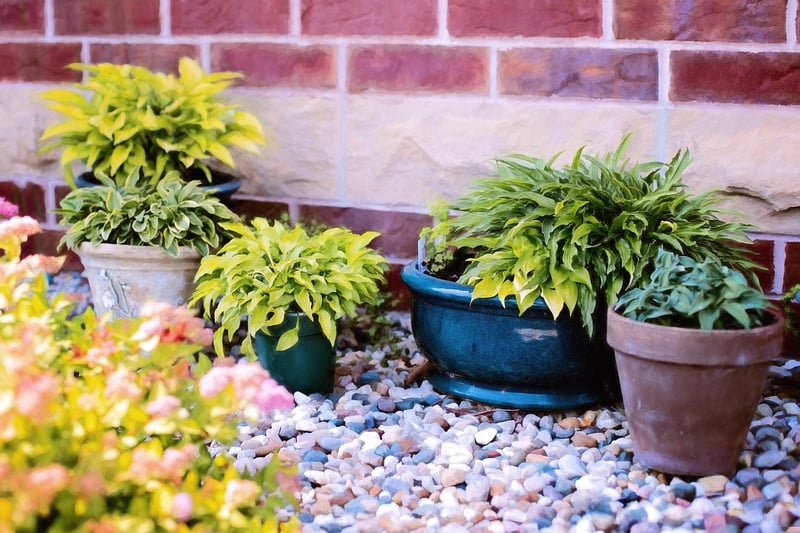Watering Tips
Guidance on Nurturing Plants and Watering Tips
Nurturing Plants:
When it comes to nurturing plants, it's essential to provide them with the care they need to thrive. Here are some tips to help you cultivate healthy and vibrant plants:
1. Choose the Right Plant:
Before you start nurturing a plant, make sure it is suitable for your climate and the available sunlight in your space. Different plants have varying needs, so choose one that fits your environment.
2. Provide Adequate Sunlight:
Plants need sunlight to photosynthesize and grow. Ensure your plants receive the right amount of sunlight based on their species. Some plants thrive in direct sunlight, while others prefer shade.
3. Water Regularly:
Watering is crucial for plant growth. Be mindful of each plant's water requirements and avoid overwatering or underwatering. The frequency of watering depends on the plant type and environmental conditions.
4. Use Fertilizer Sparingly:
While fertilizers can boost plant growth, excessive use can harm your plants. Follow the instructions on the fertilizer package and apply it sparingly to avoid damaging the plant's roots.
5. Monitor for Pests and Diseases:
Keep an eye out for any signs of pests or diseases on your plants. Early detection can help prevent the spread of infestations and protect your plants from damage.
Watering Tips:
Proper watering is crucial for plant health. Here are some essential watering tips to help you maintain a healthy garden:
1. Water in the Morning:
It's best to water your plants in the morning to allow for optimal absorption and reduce the risk of fungal diseases that can occur with evening watering.
2. Water at the Base:
Direct water at the base of the plant to ensure it reaches the roots where it's needed most. Avoid wetting the foliage excessively, as this can lead to disease issues.
3. Use Mulch:
Applying mulch around your plants can help retain moisture in the soil, reducing the frequency of watering needed and providing additional nutrients as it breaks down.
4. Check Soil Moisture:
Before watering, check the soil moisture level by inserting your finger into the soil. Water only when the top inch or so feels dry to avoid overwatering.
5. Adjust Watering Based on Weather:
During hot and dry periods, plants may require more frequent watering to stay hydrated. Conversely, reduce watering during cooler or rainy weather to prevent waterlogged soil.

By following these nurturing tips and watering guidelines, you can cultivate a thriving garden filled with healthy and vibrant plants.
